President Nana Akufo-Addo is optimistic that the local assembly plant established by German car-maker, Volkswagen (VW), will boost contributions to the strengthening of the Cedi against other international currencies.
Mr Akufo-Addo was of the view that the plant together with other local automobile assembly units would reduce the importation of cars.
With increasing production, the fortunes of the economy will rise with a rising GDP and less demand for foreign currency to import cars.
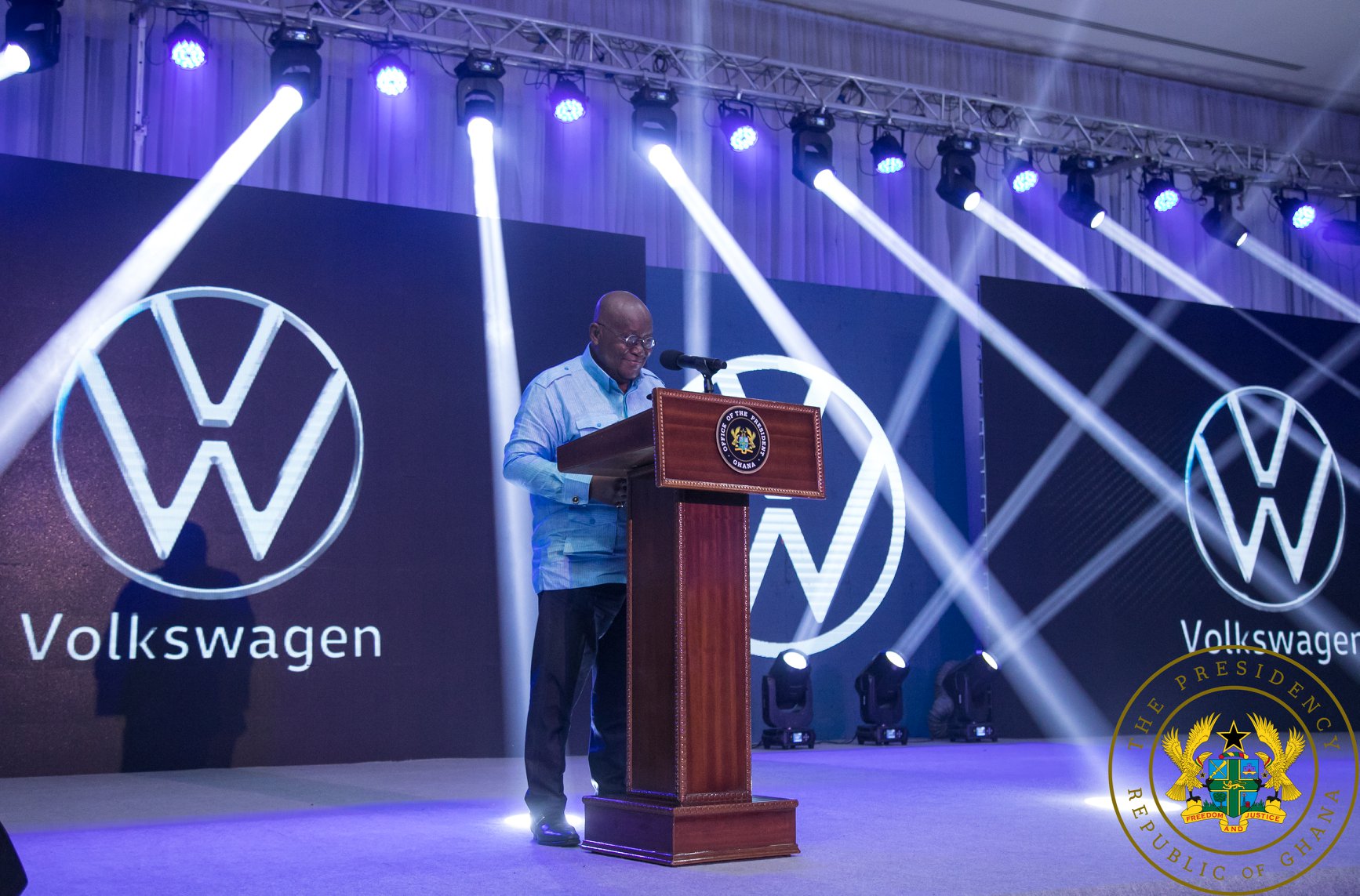
At the unveiling of the first group of VW cars in Ghana, Mr Akufo-Addo outlined the numerous benefits of the establishment.
“The VW assembly plant will create a lot of highly skilled jobs, reduce the high amounts of foreign exchange used in the importation of second-hand vehicles, and, thereby, help strengthen the Ghanaian currency, whilst, at the same time, earn the nation foreign exchange through the exportation of made-in-Ghana vehicles,” he noted.
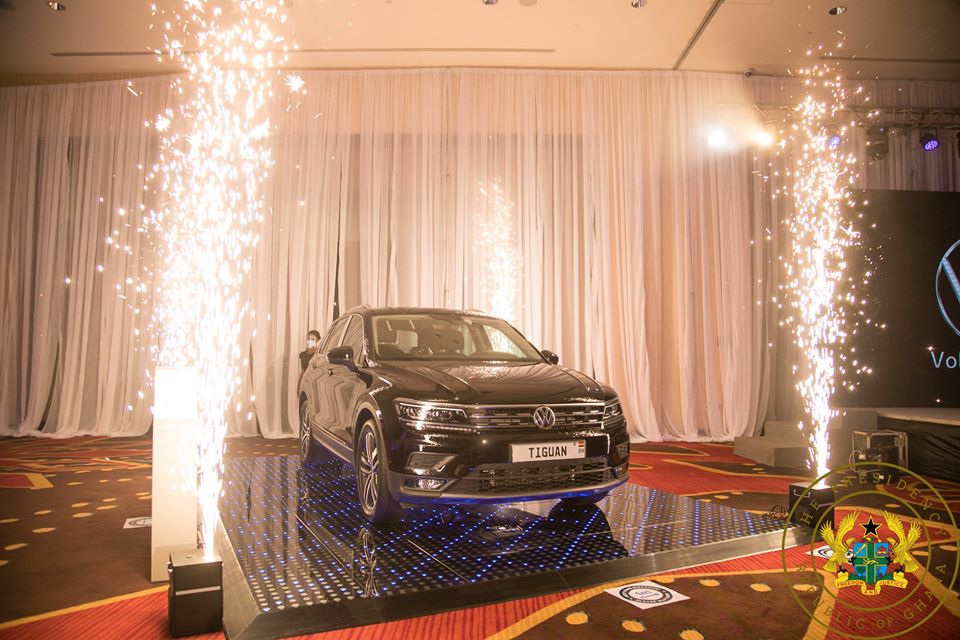
The brands assembled are Tiguan, Teramont, Amarok, Caddy, Polo and Passat.
For Akufo-Addo, it was a remarkable moment which “is a good day for Mother Ghana”.
The President pointed out that with a Chinese company, Sinotruk, already engaged in the assembly of trucks in Ghana “I am hopeful that other global automobile companies, which have indicated their preparedness to set-up shop in Ghana, will soon follow the remarkable, pioneering example of Volkswagen”.
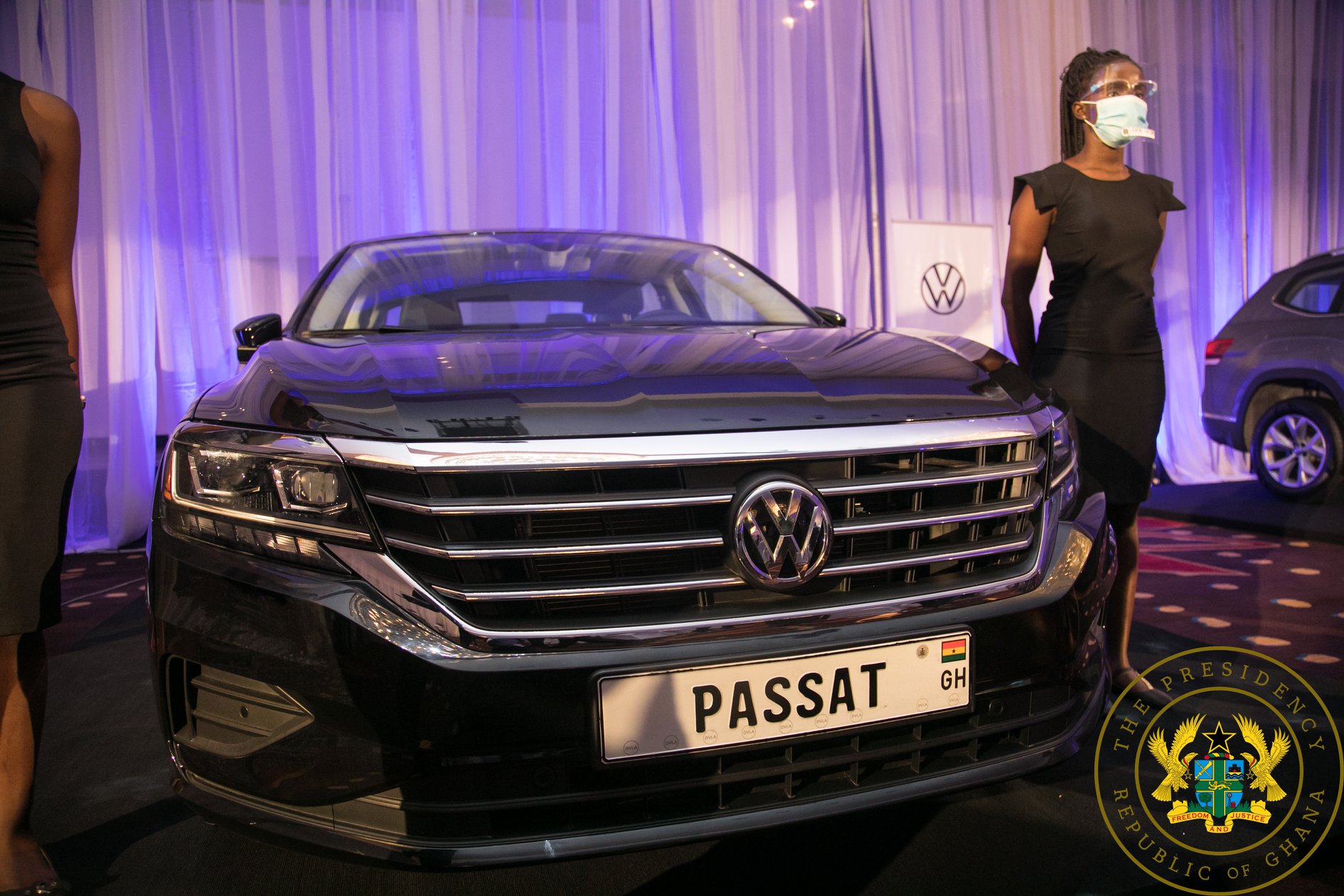


The establishment of the plant was spurred by the government’s Ghana Automotive Manufacturing Development Programme (GAMDP) aimed at cutting the estimated 450,000 car units imported into the country per annum.
The year to date depreciation of the Cedi against the US Dollar which is the commonest currency for international trade as at July was 2.5%.
Fluctuations in the currency has ripple effects on the economy a strong currency will boost investor confidence as Ghana plans for a post-COVID recovery programme.
VW signed a Memorandum of Understanding (MoU) with the government of Ghana in 2019 to begin the process of establishing an assembling plant in the country to serve the West African sub-regional market.
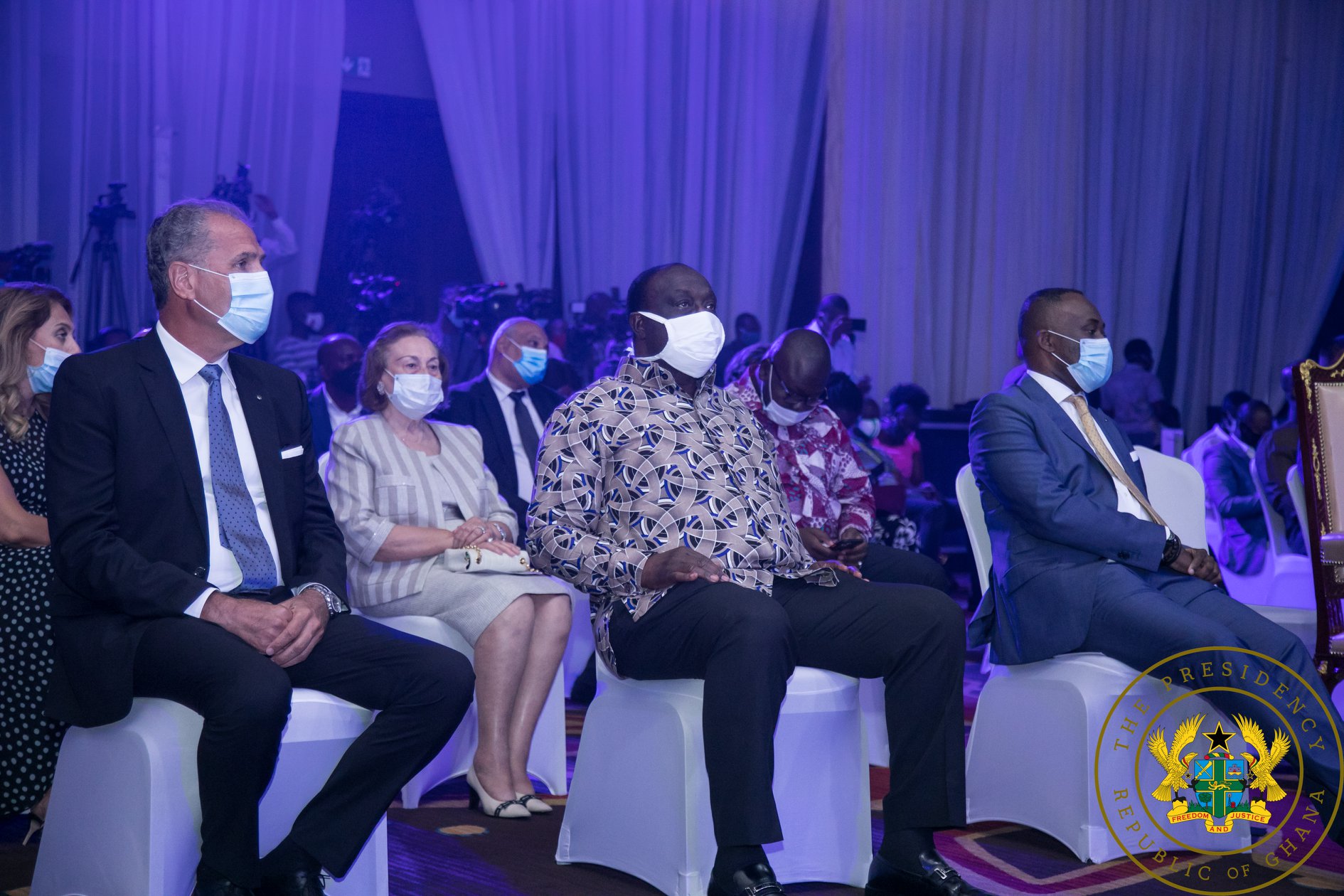
The assembling plant is expected to produce about 5,000 units of vehicles every year with plans to increase production depending on the market demand.
Japanese multinational automobile manufacturers, Nissan and Toyota are also scheduled to release locally assembled cars after establishing production units in Ghana.
With a 32% market share in Ghana, Nissan signed an MoU with the government in November 2019 to use the West Africa country as a hub to serve the Sub-Saharan Africa.

Toyota Tsusho Corporation, on the other hand, signed an MoU with the government of Ghana for the production of Toyota and Suzuki cars for the local market.
















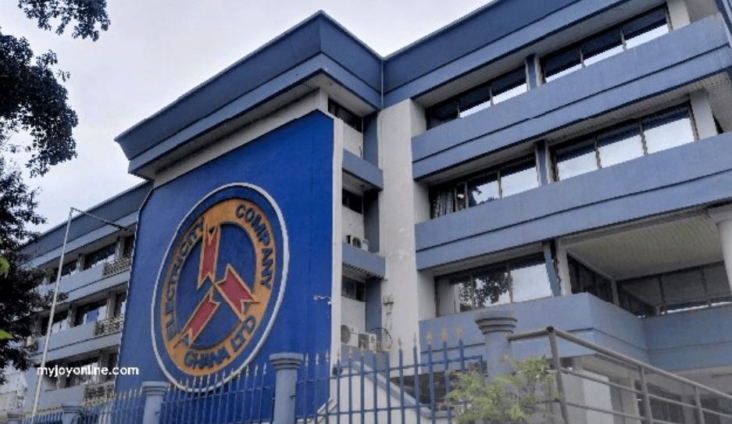
Why allow foreign automobile companies to infiltrate into the country and not giving our very own Kantanka the same support?